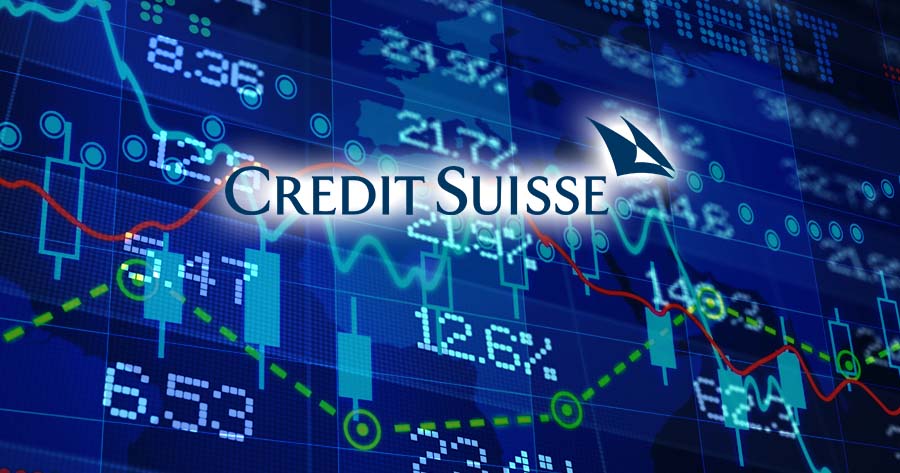The Thai stock market has seen an inflow from foreign investors for the majority of the trading session in February with a total net buy of 56,224 million baht as of February 21, 2022 as traders are seeking higher returns amid a series of rate hikes in European countries, while the U.S. central bank is expecting to raise 25bps in March.
Credit Suisse has upgraded Thailand from Market Weight to Overweight in its latest research, pointing out to EPS revision momentum, most promising currency, booming consumption from exports, while the market is resilient to the Fed’s rate hike. Moreover, Credit Suisse indicated that there are signs that investors are treating Asean as a single asset class, which typically leads to buy-in of Thailand as the most liquid market in the region.
The financial firm said that it considers the baht Asia’s most promising currency on a 1-2 year view. The baht was Asia’s worst-performing currency last year due to a cratering of the current account, but the current account is expected to drive a baht rally later this year and next year due to three factors; 1) the collapse of international tourism, 2) higher freight rates and 3) more expensive oil.
The firm is confident that tourism and freight will turn in Thailand’s favour. Tourism receipts are close to zero, so it can only rise. A record high freight rate will almost certainly ease. Meanwhile, the biggest increase in oil prices is highly likely passed.
Thai exports rose 23% last year to a record high since 2010. The broader economic gains are considerable since Thailand’s exports as a percent of GDP are so high, wrote Credit Suisse. Exports should outperform Asian peers this year if the chip shortage eases and factories can manage operations during the omicron outbreak without closures.
The support from exports for the broader economy can be seen in improved consumption indicators. The most recent reading on Google Mobility for Retail & Recreation hit a Covid high at 13%, which is above the pre-Covid benchmark. Thailand’s Retail & Recreation mobility is now the highest in Asia Pacific, which points to gains for retail sales and consumption.
Credit Suisse stated that consensus EPS revisions for Thailand have outperformed AxJ since August, even when excluding Energy and exporters from the calculation. Relative to Asean, domestic stocks’ EPS has outperformed in the recent two months.
Following the revision of Thailand’s market, Credit Suisse is inclined towards the bank, consumer, tourism and healthcare stocks. Falling credit costs should be the main driver of earnings this year as the economy steadies. Thai banks are still cheap by regional standards. SCB (TP:Bt180) and KBANK (TP:Bt198) are Credit Suisse’s favourites.
CPALL (TP:Bt78) and CRC (TP:Bt45) are the top picks among consumer stocks that are still laggard and will be the biggest beneficiaries of a reopening.
There are significant upsides for both domestic elective procedures and medical tourism from a reopening in the healthcare sector, making BDMS (TP:Bt27.50) the favourite.
Lastly, given the uncertainty surrounding the timing of a reopening, Credit Suisse was not quite aggressive on the tourism sector, but still think it prudent to start establishing positions. Among the stocks related to tourism, AOT (TP:Bt75) is the top pick for its pure tourism play, while AWC (TP:Bt5.90) is the most prominent among hotels due to its capacity expansion.




